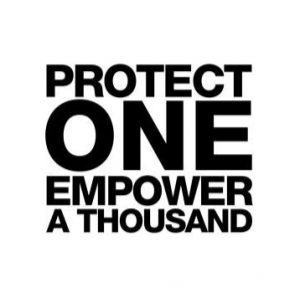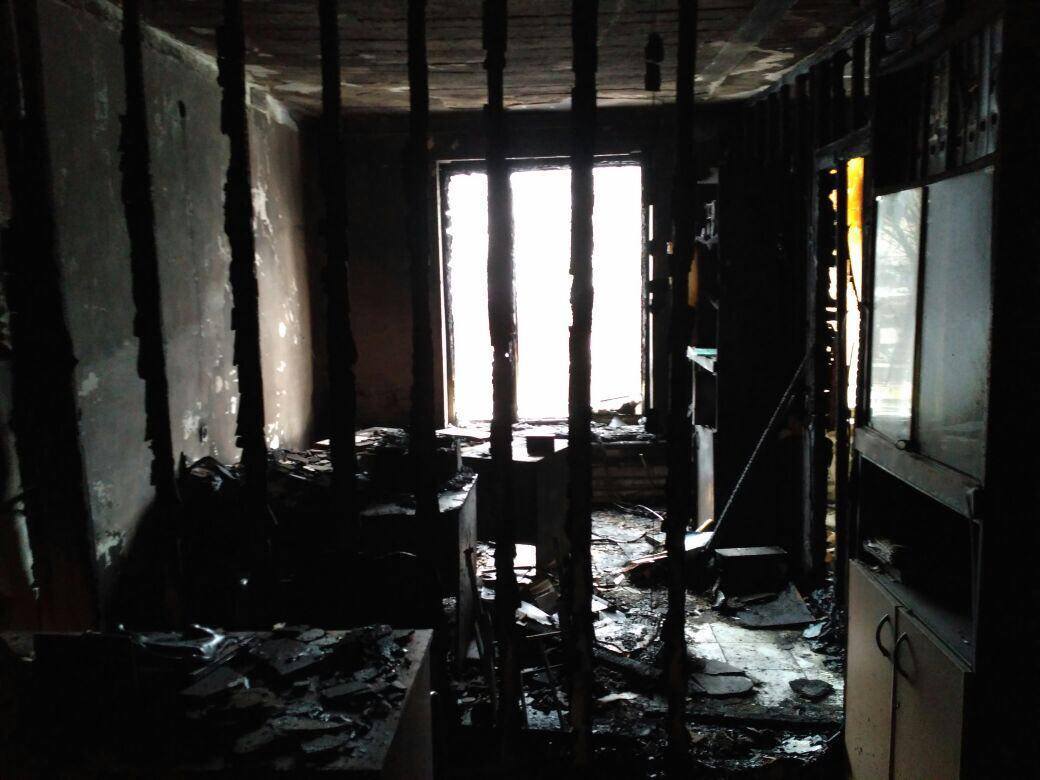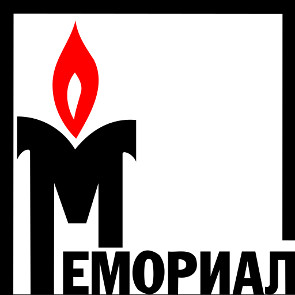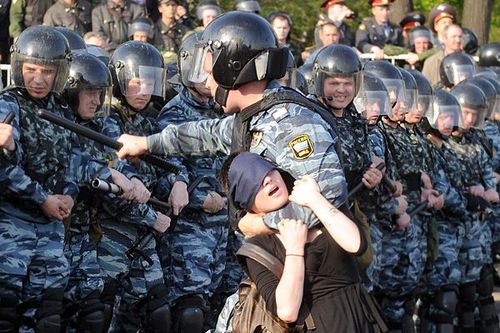
Memorial
In 2004, Memorial received the Right Livelihood Award for "for showing, in traumatic times, the importance of understanding the historical roots of human rights abuse, to secure respect for them in the future."
In 2009, Memorial won the European Parliament's annual Sakharov Prize, in memory of murdered activist Natalia Estemirova.
The Sakharov Prize, officially known as the Sakharov Prize for Freedom of Thought and named after Russian scientist and dissident Andrei Sakharov, was established in December 1988 by the European Parliament. The prize is awarded to individuals who have made an exceptional contribution to the fight for human rights across the globe, drawing attention to human rights violations as well as supporting the laureates and their cause.
In 2004, Memorial won the Nansen Refugee Award for its wide range of services on behalf of forced migrants and internally displaced people in the Russian Federation, as well as refugees from Africa, Asia and the Middle East.
The International Historical and Human Rights Society ‘Memorial’ is an association of human rights initiatives that was founded in 1989 with an aim to preserve the societal memory of the severe political persecution in the past and modern time in the former Soviet Republics. Memorial conducts research and engages in educational activities, monitoring and documentation of human rights violations, social and legal counselling for refugees, displaced persons, political prisoners and their families, and other discriminated groups. In recognition of its human rights work, Memorial was awarded with the Victor Gollancz Prize, the Hermann Kesten Prize, the Pax Christi International award and Max van der Stoel Award, among others. In 2006-2011 Memorial was nominated for the Nobel Peace Prize.




